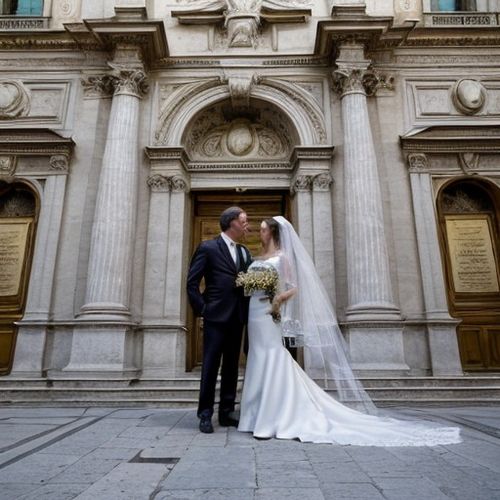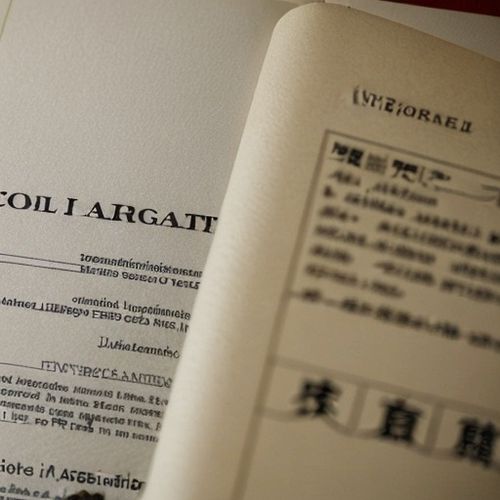The concept of open marriage has been gaining traction in Canada over the past decade, reflecting broader societal shifts toward more flexible and non-traditional relationship structures. Unlike conventional monogamous marriages, open marriages allow partners to engage in romantic or sexual relationships outside their primary union, with mutual consent and established boundaries. This trend is particularly noticeable in urban centers like Toronto, Vancouver, and Montreal, where progressive attitudes toward love and commitment are more prevalent.
Canada’s legal and cultural landscape has played a significant role in the normalization of open marriages. The country has long been at the forefront of relationship diversity, from legalizing same-sex marriage in 2005 to recognizing polyamorous families in certain contexts. While open marriage is not a legally distinct category, the absence of criminal penalties for consensual non-monogamy provides a supportive environment for those who choose this path. Social acceptance, however, remains a mixed bag, with generational and regional divides influencing how open relationships are perceived.
Why Couples Choose Open Marriage
For many Canadian couples, open marriage is not a last resort to save a failing relationship but a deliberate choice to explore love and intimacy in a way that aligns with their values. Some cite a desire for personal growth, arguing that multiple connections can enrich their lives without diminishing their commitment to their primary partner. Others view monogamy as an unrealistic expectation, preferring honesty and transparency over traditional fidelity. The rise of dating apps and online communities has also made it easier for couples to connect with like-minded individuals, reducing the stigma and logistical challenges of open relationships.
Psychologists and relationship experts in Canada note that successful open marriages often hinge on clear communication and emotional maturity. Partners must navigate jealousy, time management, and societal judgment, which can strain even the strongest relationships. Yet, for those who make it work, the rewards can include deeper trust, enhanced self-awareness, and a more fulfilling partnership. The key, many say, is treating openness as a collaborative journey rather than a unilateral decision.
Challenges and Misconceptions
Despite its growing visibility, open marriage is frequently misunderstood. Critics often conflate it with infidelity or assume it reflects a lack of commitment. In reality, consensual non-monogamy requires rigorous honesty and accountability—qualities that are equally vital in monogamous relationships. Another common myth is that open marriages are inherently unstable, yet research from Canadian sociologists suggests that relationship satisfaction depends more on the individuals involved than the structure itself.
Legal ambiguities also pose challenges. While Canada does not prosecute consensual non-monogamy, open marriages lack specific protections under family law. Issues like child custody, inheritance, and spousal support can become complicated if relationships dissolve, particularly when third parties are involved. Some activists advocate for legal reforms to better accommodate diverse family structures, but progress has been slow.
The Future of Open Marriage in Canada
As younger generations embrace more fluid definitions of love and commitment, open marriages are likely to become even more mainstream. Surveys indicate that Millennials and Gen Z Canadians are far more open to ethical non-monogamy than their predecessors, signaling a cultural shift that could reshape relationship norms in the decades to come. Meanwhile, therapists and educators are calling for more resources to help couples navigate these arrangements successfully, from workshops to specialized counseling services.
Ultimately, the rise of open marriage in Canada reflects a broader rethinking of what it means to love and be loved. Whether it’s a fleeting trend or a permanent fixture in the relationship landscape remains to be seen, but one thing is clear: for a growing number of Canadians, monogamy is no longer the only path to a happy and meaningful partnership.

By /Jun 17, 2025

By /Jun 17, 2025

By /Jun 17, 2025

By /Jun 17, 2025

By /Jun 17, 2025

By /Jun 17, 2025

By /Jun 17, 2025

By /Jun 17, 2025

By Sophia Lewis/Apr 19, 2025

By Elizabeth Taylor/Apr 19, 2025

By James Moore/Apr 19, 2025

By Rebecca Stewart/Apr 19, 2025

By Ryan Martin/Apr 19, 2025

By James Moore/Apr 19, 2025

By Sarah Davis/Apr 19, 2025

By George Bailey/Apr 19, 2025

By James Moore/Apr 19, 2025

By Amanda Phillips/Apr 19, 2025